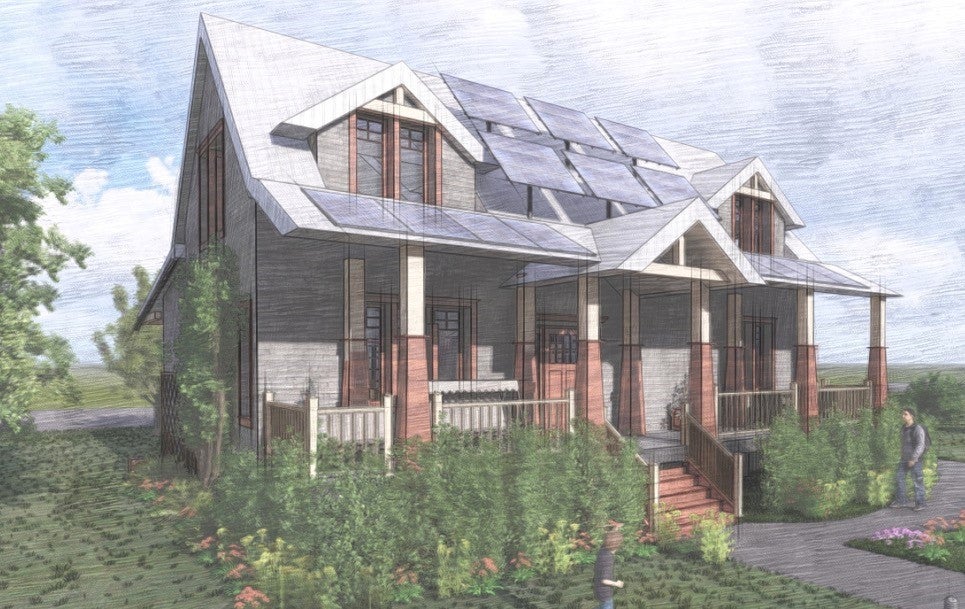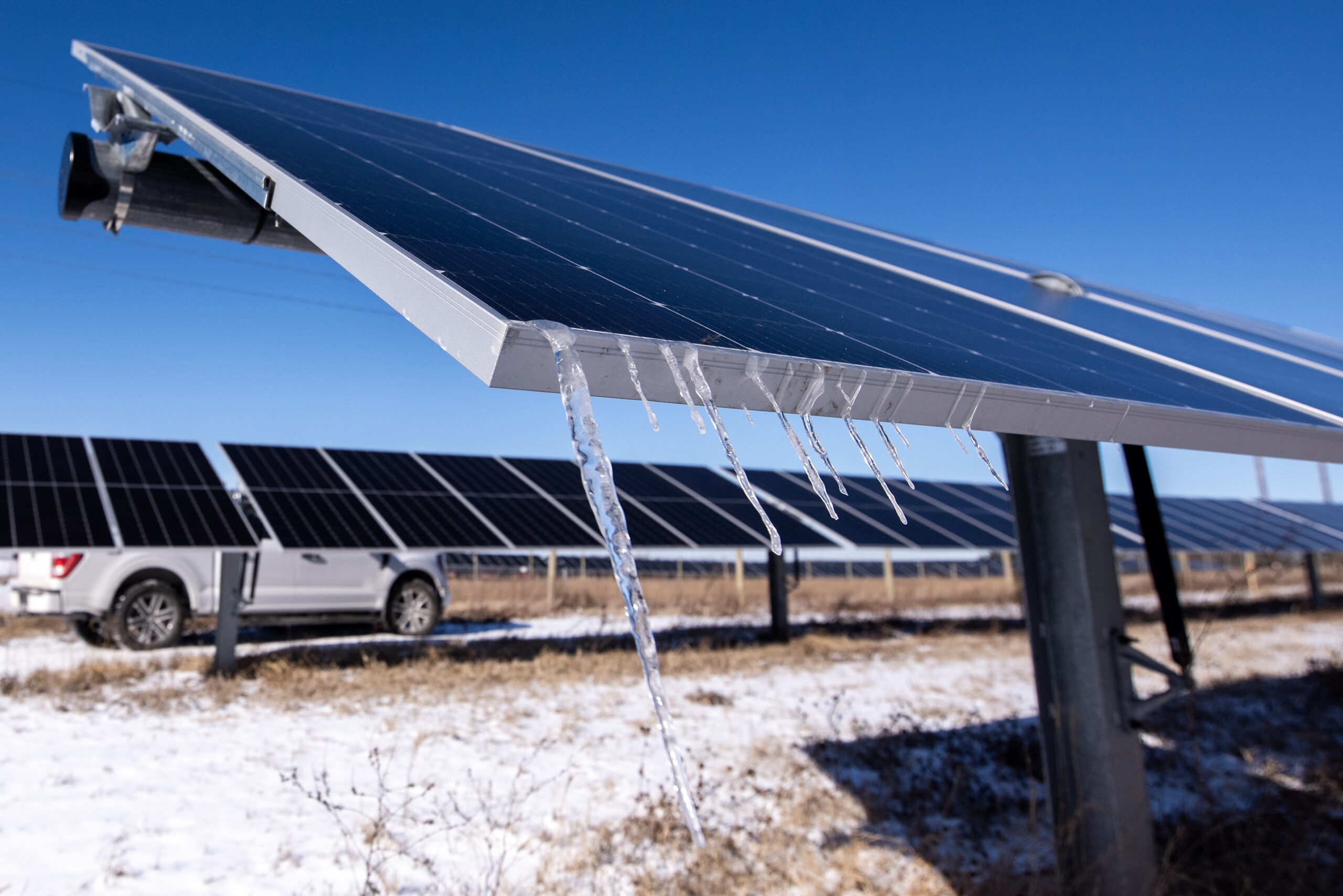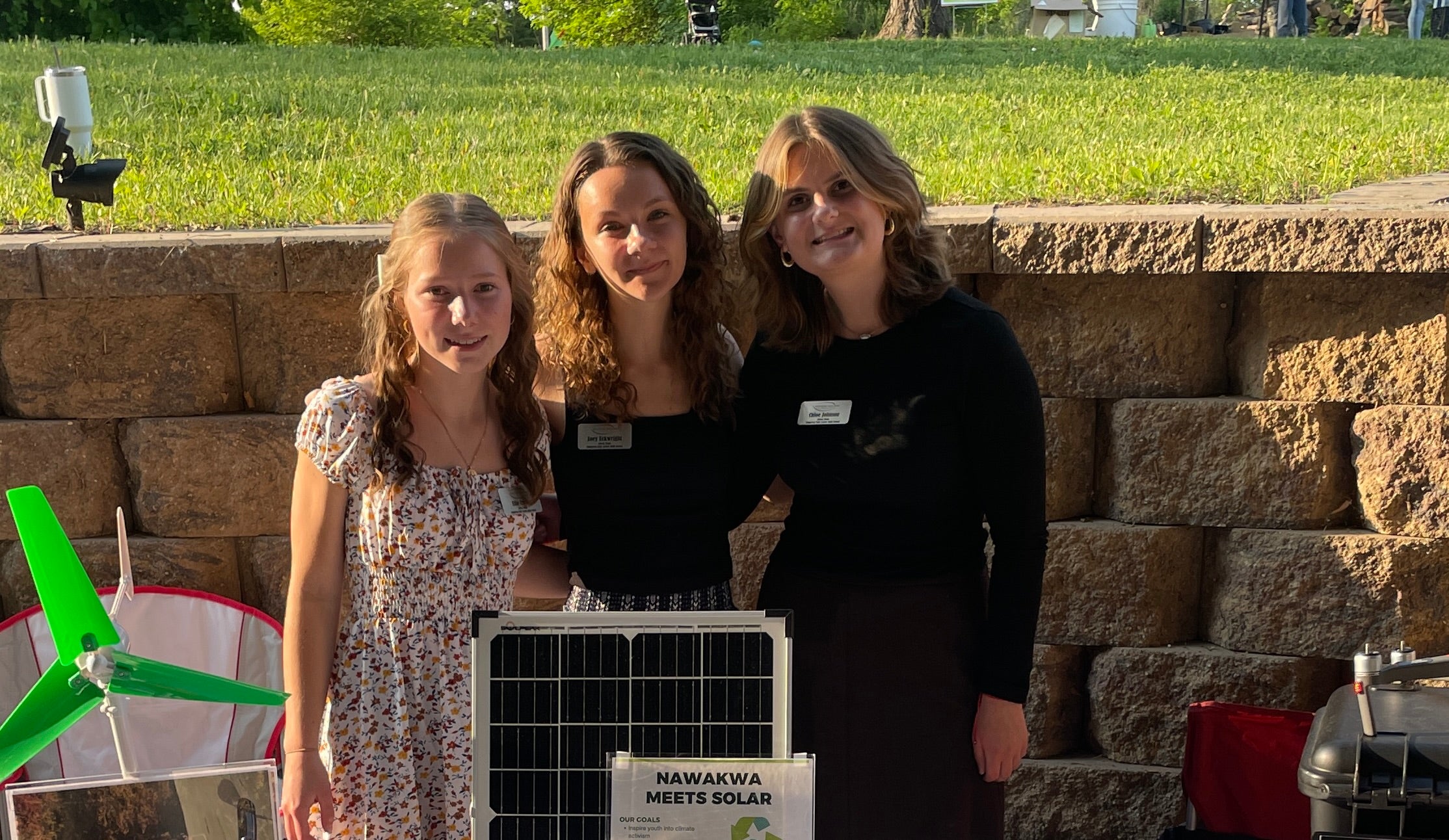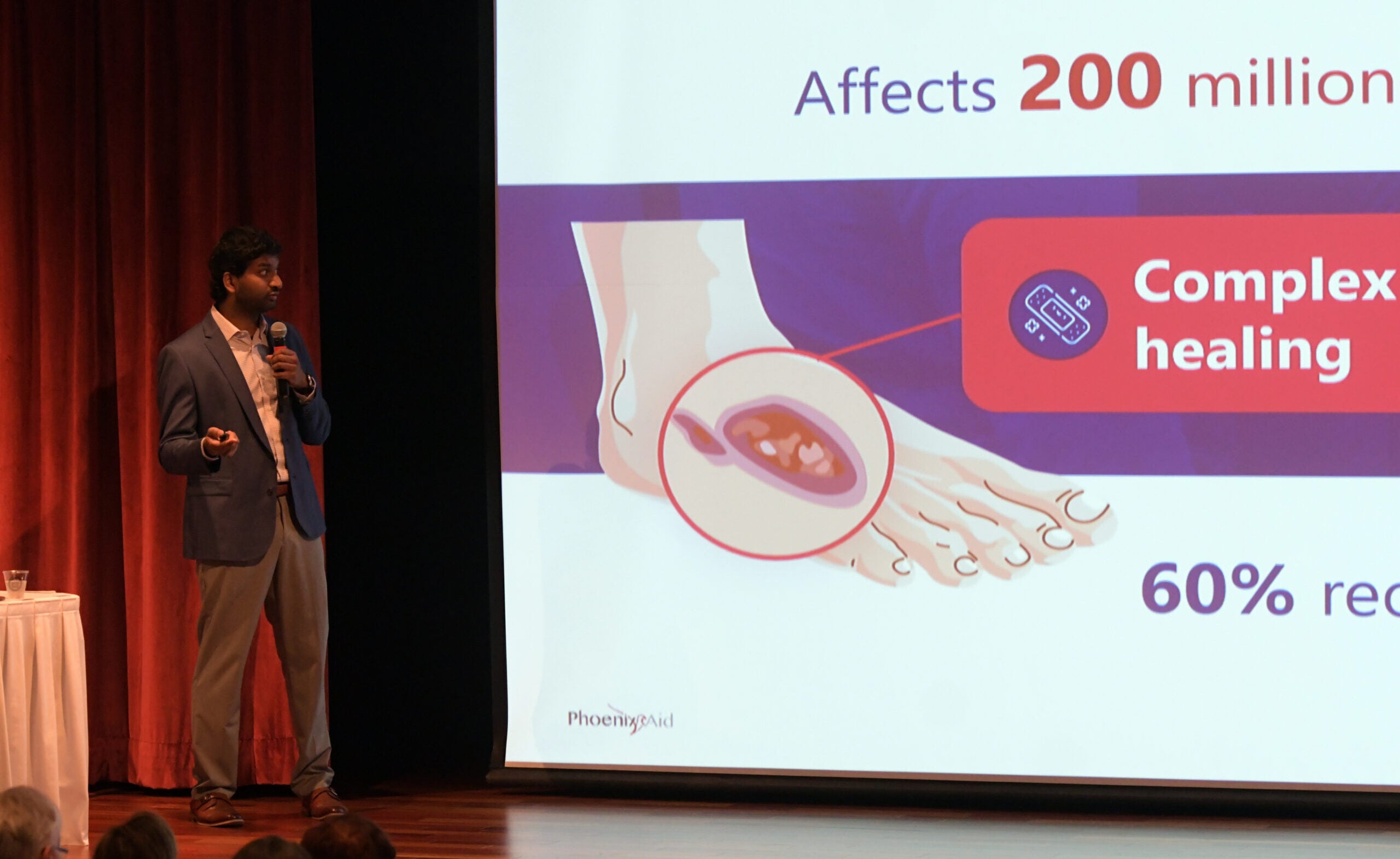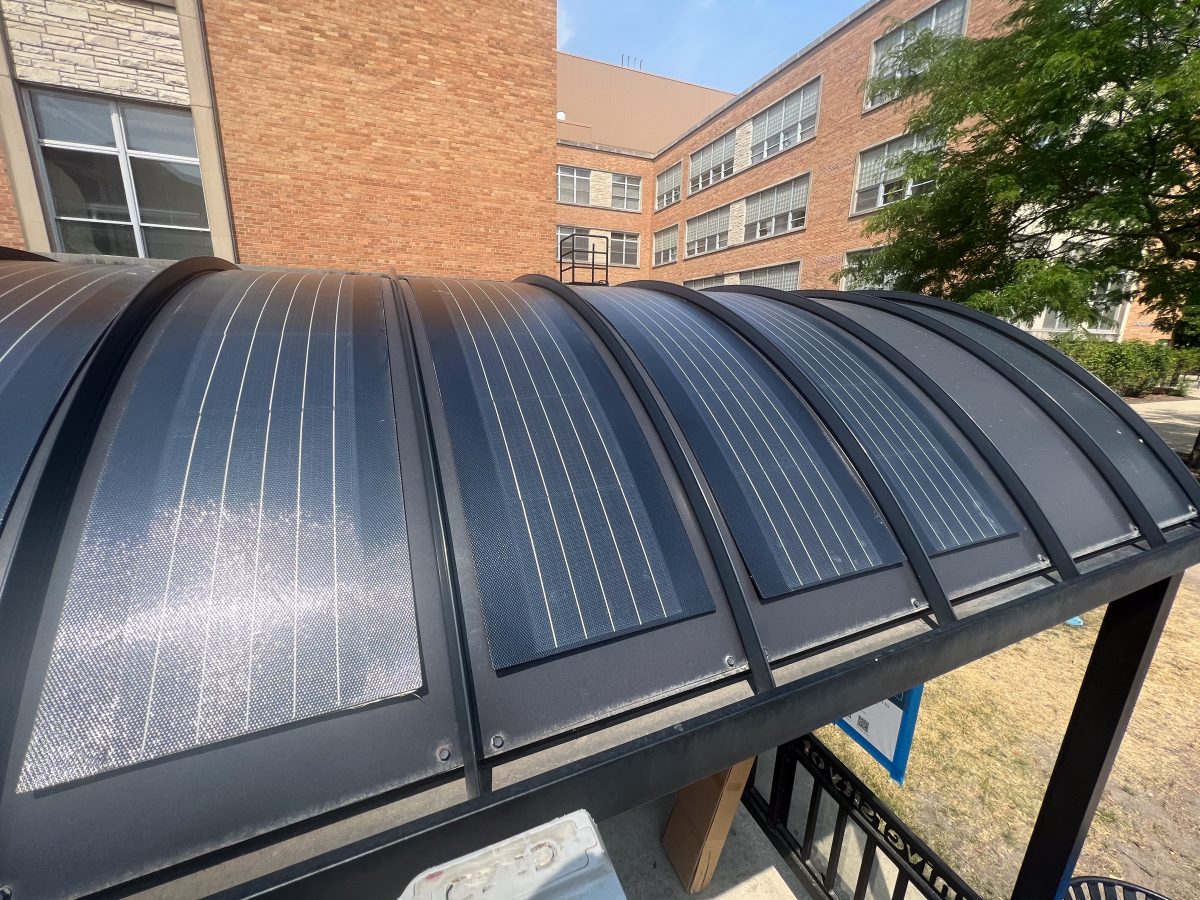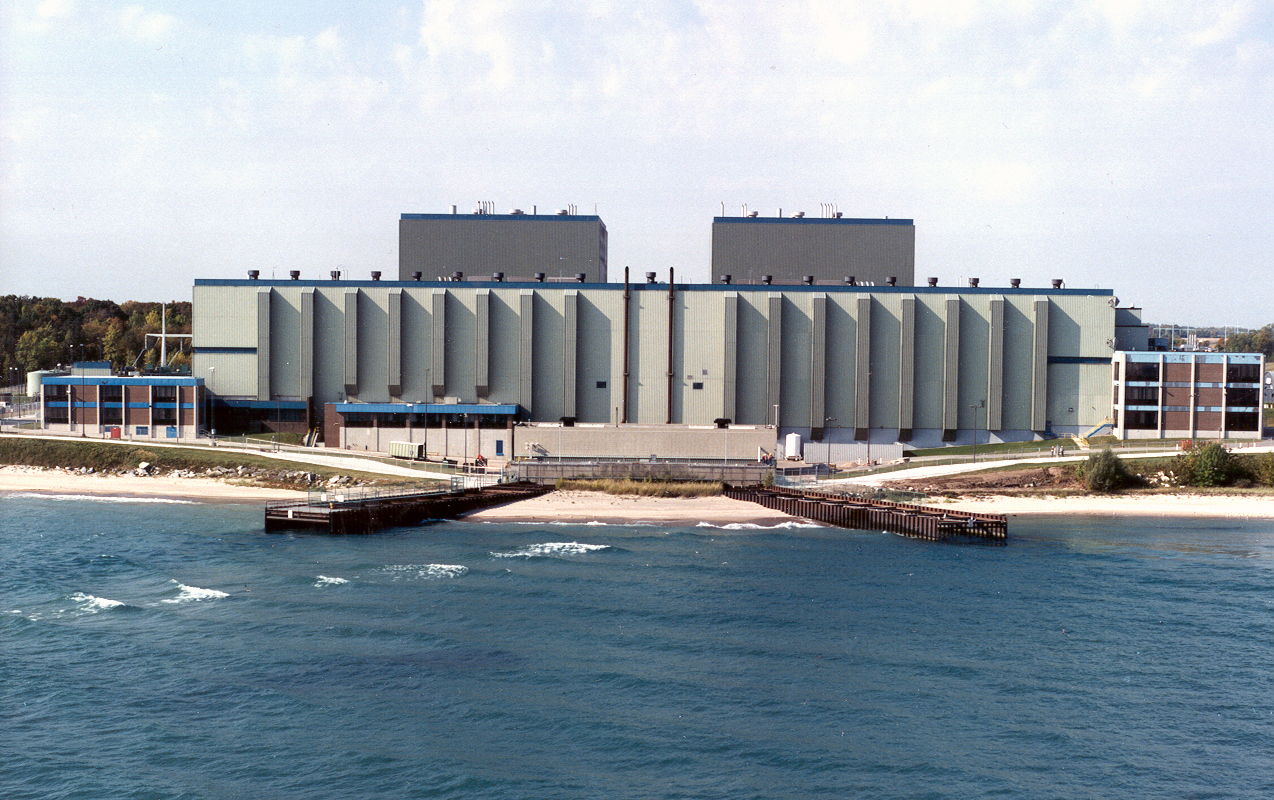Many events have been postponed or canceled because of the coronavirus pandemic, while others have moved online. One competition that has gone virtual is the U.S. Department of Energy’s Race to Zero Solar Decathlon, and a Wisconsin team is set to participate in the finals in mid-April.
The Studio Zer0 team is made up of mechanical engineering students from the University of Wisconsin-Madison and architecture students from UW-Milwaukee. It’s the fifth year the two universities have joined forces for the contest.
The students developed plans for three distinct homes with the aim of being as sustainable as possible, and to actively combat climate change through design and construction features.
News with a little more humanity
WPR’s “Wisconsin Today” newsletter keeps you connected to the state you love without feeling overwhelmed. No paywall. No agenda. No corporate filter.
Rachel Schulz is a first-year graduate student in architecture at UW-Milwaukee and is part of the team. She explained the many considerations for trying to get as close as possible to hit the zero-emission standard.
In addition to the choice of building and design materials, she said they are taking advantage of “a lot more efficient appliances. We did a full semester of research into how to produce the best net-zero energy home. And it also has to do with how the homeowner takes care of the homes, and how they react in their home and how much they try to reduce their water usage, their electric usage, things like that.”
A unique aspect of this competition is that the plans aren’t just for racking up points and possibly winning the competition. For the first time, the homes will be built in Wisconsin communities — Verona, Jackson County and Osceola — for clients.
Ryan McKernan, a senior mechanical engineering student at UW-Madison, said knowing these designs weren’t just hypothetical projects added a lot to the experience.
“I thought the coolest aspect of it was meeting the actual clients in person in December and kind of showing them our iterations and getting feedback from them to kind of see where the process was going, and what they wanted versus what they didn’t want,” he said.
Professor Michael Cheadle, the faculty advisor for the mechanical engineering team at UW-Madison, said he appreciates how unique the experience is for the students.
“Having to empathize with a client, understand their needs, and react to their feedback as the project develops is an extremely valuable learning experience, and what really pushes their work,” he said. “It’s not something you can do in a traditional lecture class, but something that can only truly happen in design.”
Because the homes will be built in Wisconsin, they all need to be suited to the seasonal extremes that are common in the state. Cheadle said designing for a particular climate lent itself to a very specific type of learning.
“This project provides students the opportunity to engage in a real-world, multidisciplinary project with the potential to have significant impact on how residents perceive and use energy in the state of Wisconsin,” he said. “What they’ve shown is that you do not have to sacrifice modern conveniences and comfort at the expense of energy efficiency and sustainability. You can have both.”
Schulz said the specific weather and climate considerations were crucial throughout the design process.
“We had to think about how to make sure the basement was configured, how thick our insulation would be,” she said. “We had to think about what kind of native plants we would use, even in the landscaping, and even just like the roof pitches, angles and overhangs that came in with certain sun angles.”
Instead of a subset of the team traveling to the finals in Denver, all the students can participate through videos that they created in their own homes and put together in a presentation.
While the in-person contest could have been exciting, Schulz sees some advantages to the virtual version. Instead, she said she doesn’t worry that they’ll “get all nervous and mess up. You can tweak everything to how you want it to be. And you can lay out the video into a format that makes it really graphic and visual and really appealing to the judges.”
The Design Challenge contest of the Race to Zero Solar Decathalon will be held virtually Friday to Sunday.
Wisconsin Public Radio, © Copyright 2025, Board of Regents of the University of Wisconsin System and Wisconsin Educational Communications Board.

